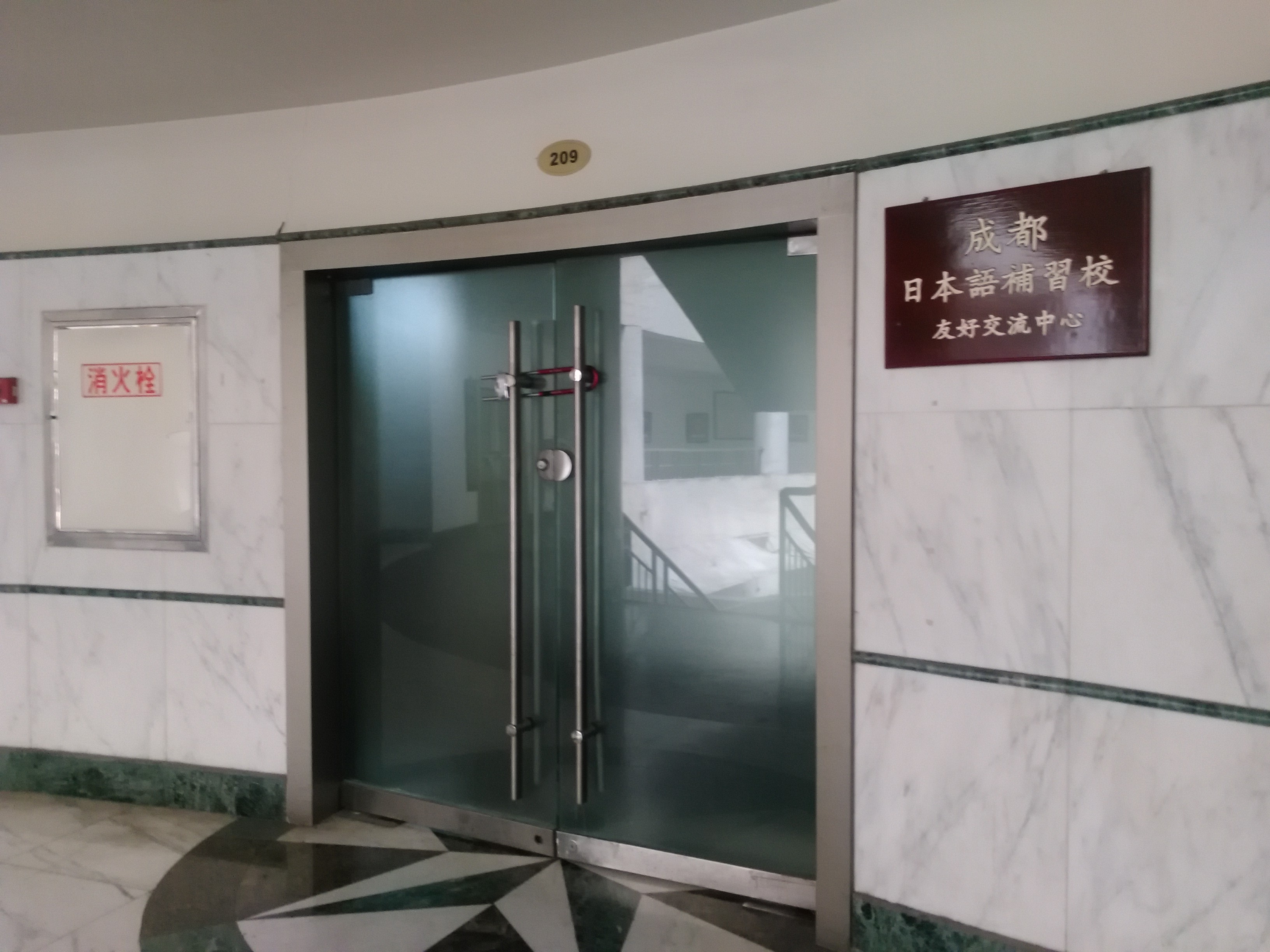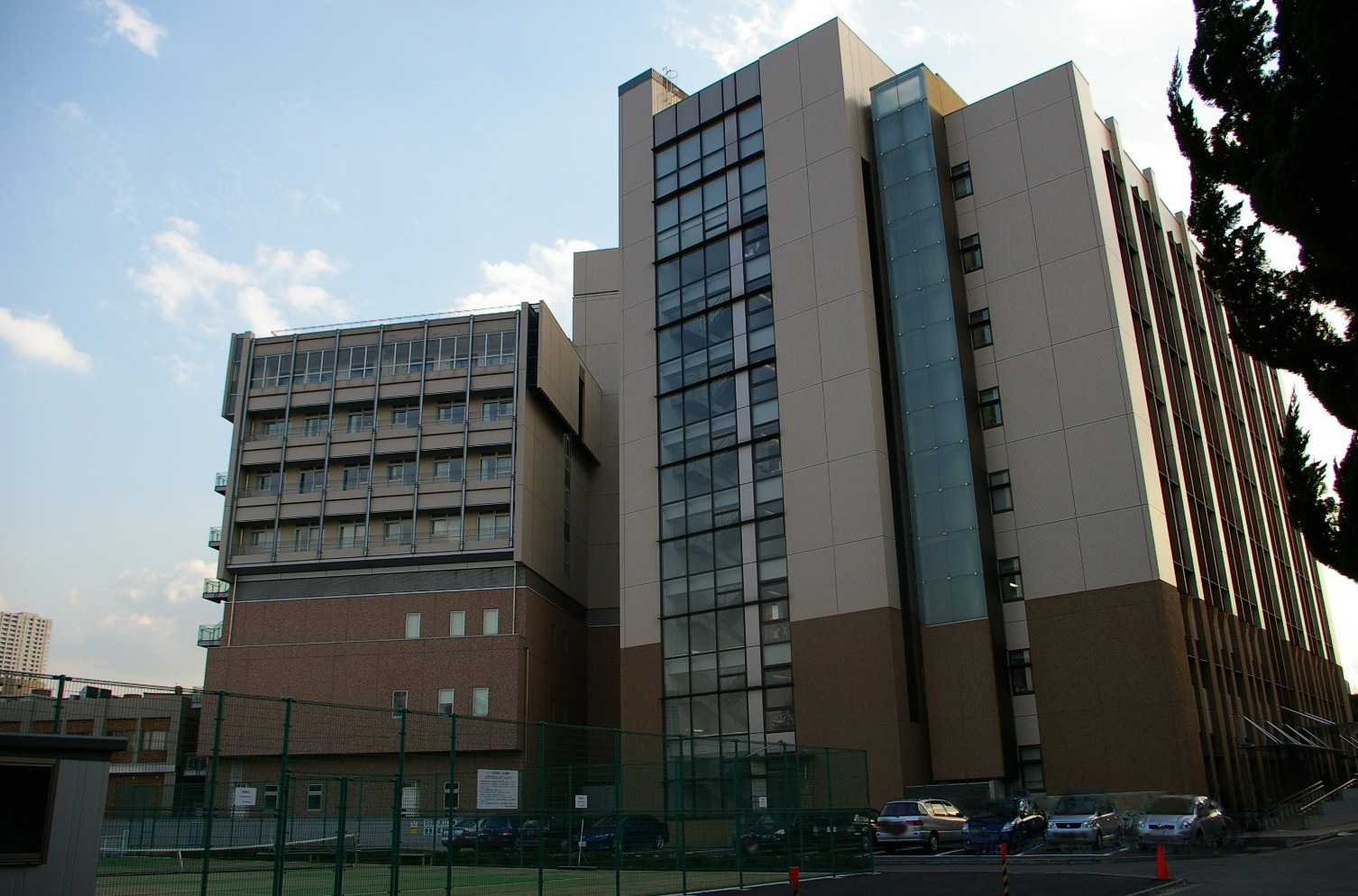|
Supplementary School
A supplementary school is a community-based initiative to provide additional educational support for children also attending mainstream schools. They are often geared to provide specific language, cultural and religious teaching for children from ethnic minorities. Supplementary schools by ethnicity Black supplementary schools in the UK A movement for Black supplementary schools started in Britain in the mid-1960s, first among the African-Caribbean communities, and then among other African communities. The movement arose from the view that racism was holding children from these communities back, and the schools primarily addressed two issues: the provision of basic education, along with a specific cultural programme. The George Padmore Institute maintains an archive of material relating to this movement. [...More Info...] [...Related Items...] OR: [Wikipedia] [Google] [Baidu] |
George Padmore Institute
The George Padmore Institute (GPI), founded in 1991 in Stroud Green Road, North London, by John La Rose (1927–2006) and a group of political and cultural activists connected to New Beacon Books,"About the George Padmore Institute" LKJ Records, 17 December 2008. is an archive, library, educational resource and research centre that houses "materials relating to the black community of Caribbean, African and Asian descent in Britain and continental Europe". The Institute also hosts talks and readings, as well as other educational and cultural activities. Background The George Padmore Institute (GPI) is named in honour of -bo ...[...More Info...] [...Related Items...] OR: [Wikipedia] [Google] [Baidu] |
LKJ Records
Linton Kwesi Johnson (born 24 August 1952), also known as LKJ, is a Jamaica-born, British-based dub poet and activist. In 2002 he became the second living poet, and the only black one, to be published in the Penguin Modern Classics series. His performance poetry involves the recitation of his own verse in Jamaican patois over dub-reggae, usually written in collaboration with reggae producer/artist Dennis Bovell. Early life Johnson was born in Chapelton, a small town in the rural parish of Clarendon, Jamaica. His middle name, "Kwesi", is a Ghanaian name that is given to boys who, like Johnson, are born on a Sunday. In 1963 he and his father came to live in Brixton, London, joining his mother, who had immigrated to Britain as part of the Windrush generation shortly before Jamaican independence in 1962. Johnson attended Tulse Hill School in Lambeth. While still at school he joined the British Black Panther Movement, helped to organise a poetry workshop within the movement, a ... [...More Info...] [...Related Items...] OR: [Wikipedia] [Google] [Baidu] |
Hoshū Jugyō Kō
, or are supplementary Japanese schools located in foreign countries for students living abroad with their families. ''Hoshū jugyō kō'' educate Japanese-born children who attend local day schools. They generally operate on weekends, after school, and other times not during the hours of operation of the day schools.Mizukami, Tetsuo (水上 徹男 ''Mizukami Tetsuo''). ''The sojourner community lectronic resource Japanese migration and residency in Australia'' (Volume 10 of Social sciences in Asia, v. 10). BRILL, 2007. , 9789004154797. p136 The Ministry of Education, Science, Sports and Culture (Monbusho), as of 1985, encouraged the opening of ''hoshū jugyō kō'' in developed countries. It encouraged the development of full-time Japanese ("person," not "language") day schools, in Japanese ''nihonjin gakkō'', in developing countries. In 1971, there were 22 supplementary Japanese schools worldwide.Goodman, Roger. "The changing perception and status of ''kikokushijo''." In: Good ... [...More Info...] [...Related Items...] OR: [Wikipedia] [Google] [Baidu] |
Ministry Of Education, Culture, Sports, Science And Technology
The , also known as MEXT or Monka-shō, is one of the eleven Ministries of Japan that composes part of the executive branch of the Government of Japan. Its goal is to improve the development of Japan in relation with the international community. The ministry is responsible for funding research under its jurisdiction, some of which includes: children's health in relation to home environment, delta-sigma modulations utilizing graphs, gender equality in sciences, neutrino detection which contributes to the study of supernovas around the world, and other general research for the future. History The Meiji government created the first Ministry of Education in 1871. In January 2001, the former Ministry of Education, Science, Sports and Culture and the former merged to become the present MEXT. Organization The Ministry of Education, Culture, Sports, Science and Technology currently is led by the Minister of Education, Culture, Sports, Science and Technology. Under that position i ... [...More Info...] [...Related Items...] OR: [Wikipedia] [Google] [Baidu] |
Kikokushijo
and are Japanese-language terms referring to the children of Japanese expatriates who take part of their education outside Japan. The former term is used to refer to children who have returned to Japan, while the latter refers to such children while they are still overseas. They are referred to in English variously as "sojourn children" or "returnees". The term "third culture kids" has also been used, but not without reservations. Prevalence As of 2002, roughly 10,000 children of Japanese expatriates return to Japan every year, with a total of roughly 50,000 residing overseas at any one time, a number that had remained roughly constant during the previous decade after rapid growth in the 1970s and 1980s. Only 40% attend Japanese schools while living overseas.Iwabuchi 1994 Challenges The Japanese Ministry of Education recognised as early as 1966 that Japan's school system faced challenges in the education and re-integration of children who had returned from overseas. Under the i ... [...More Info...] [...Related Items...] OR: [Wikipedia] [Google] [Baidu] |
Routledge
Routledge () is a British multinational publisher. It was founded in 1836 by George Routledge, and specialises in providing academic books, journals and online resources in the fields of the humanities, behavioural science, education, law, and social science. The company publishes approximately 1,800 journals and 5,000 new books each year and their backlist encompasses over 70,000 titles. Routledge is claimed to be the largest global academic publisher within humanities and social sciences. In 1998, Routledge became a subdivision and imprint of its former rival, Taylor & Francis Group (T&F), as a result of a £90-million acquisition deal from Cinven, a venture capital group which had purchased it two years previously for £25 million. Following the merger of Informa and T&F in 2004, Routledge became a publishing unit and major imprint within the Informa "academic publishing" division. Routledge is headquartered in the main T&F office in Milton Park, Abingdon, Oxfordshire and ... [...More Info...] [...Related Items...] OR: [Wikipedia] [Google] [Baidu] |
Schools
A school is an educational institution designed to provide learning spaces and learning environments for the teaching of students under the direction of teachers. Most countries have systems of formal education, which is sometimes compulsory. In these systems, students progress through a series of schools. The names for these schools vary by country (discussed in the '' Regional terms'' section below) but generally include primary school for young children and secondary school for teenagers who have completed primary education. An institution where higher education is taught is commonly called a university college or university. In addition to these core schools, students in a given country may also attend schools before and after primary (elementary in the U.S.) and secondary (middle school in the U.S.) education. Kindergarten or preschool provide some schooling to very young children (typically ages 3–5). University, vocational school, college or seminary may be availabl ... [...More Info...] [...Related Items...] OR: [Wikipedia] [Google] [Baidu] |
School Types
A school is an educational institution designed to provide learning spaces and learning environments for the teaching of students under the direction of teachers. Most countries have systems of formal education, which is sometimes compulsory. In these systems, students progress through a series of schools. The names for these schools vary by country (discussed in the '' Regional terms'' section below) but generally include primary school for young children and secondary school for teenagers who have completed primary education. An institution where higher education is taught is commonly called a university college or university. In addition to these core schools, students in a given country may also attend schools before and after primary (elementary in the U.S.) and secondary (middle school in the U.S.) education. Kindergarten or preschool provide some schooling to very young children (typically ages 3–5). University, vocational school, college or seminary may be availab ... [...More Info...] [...Related Items...] OR: [Wikipedia] [Google] [Baidu] |





